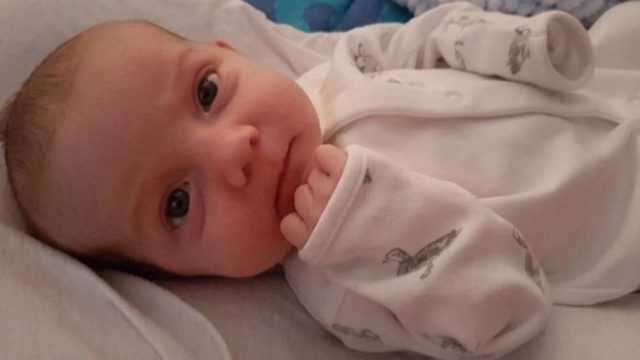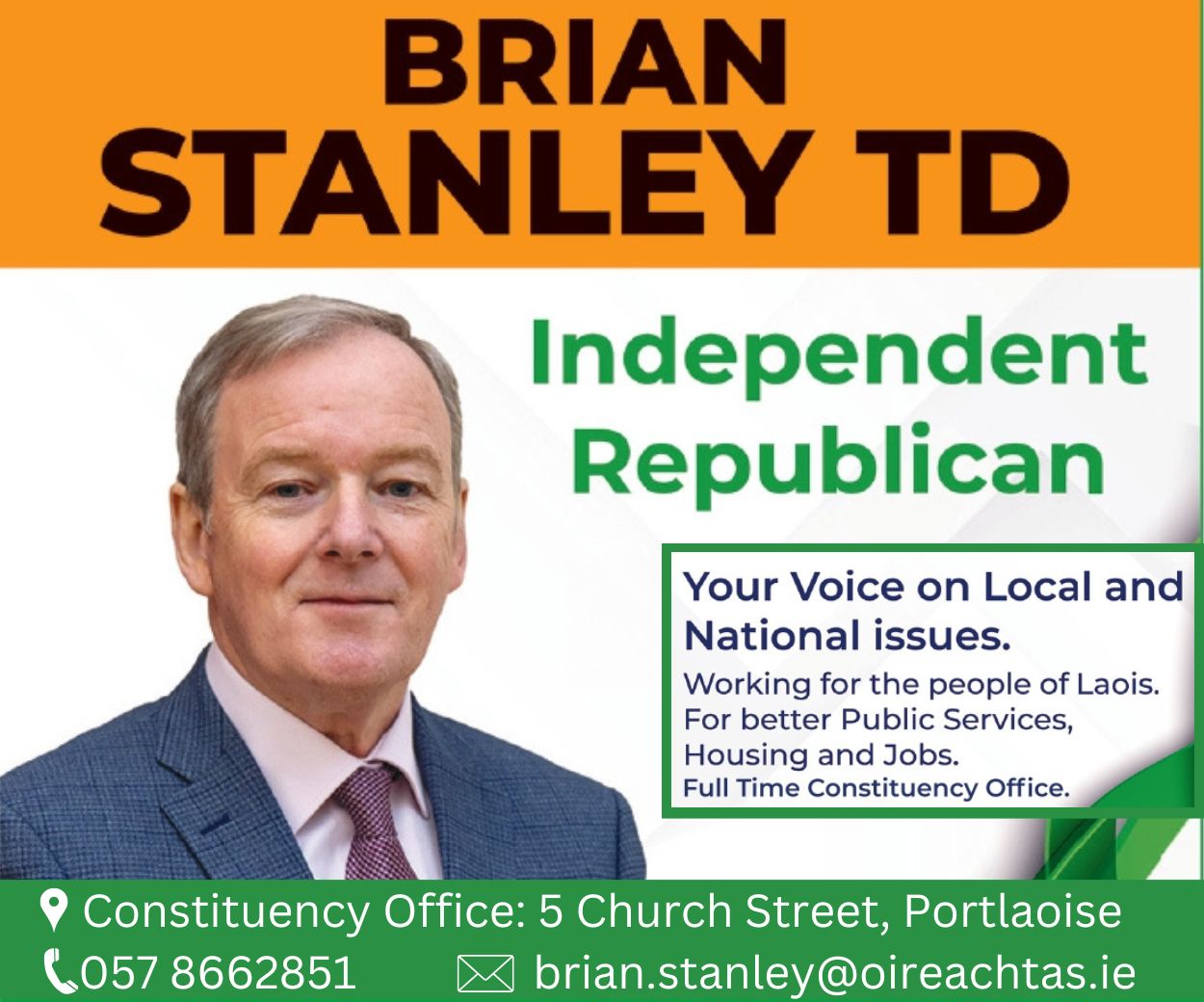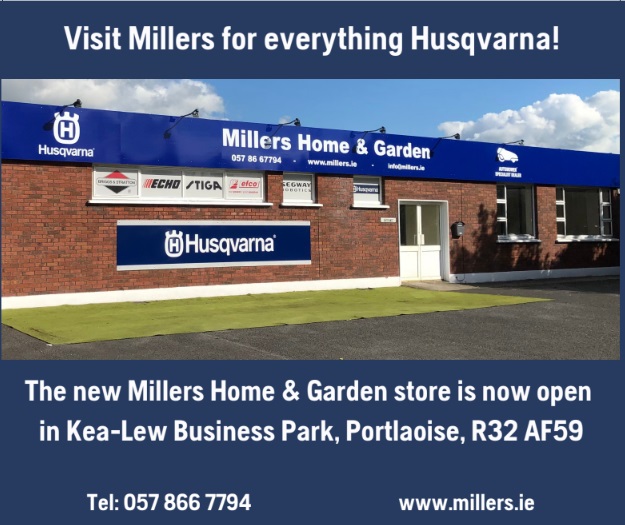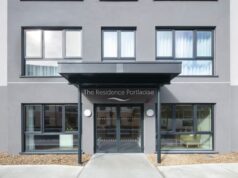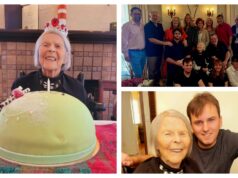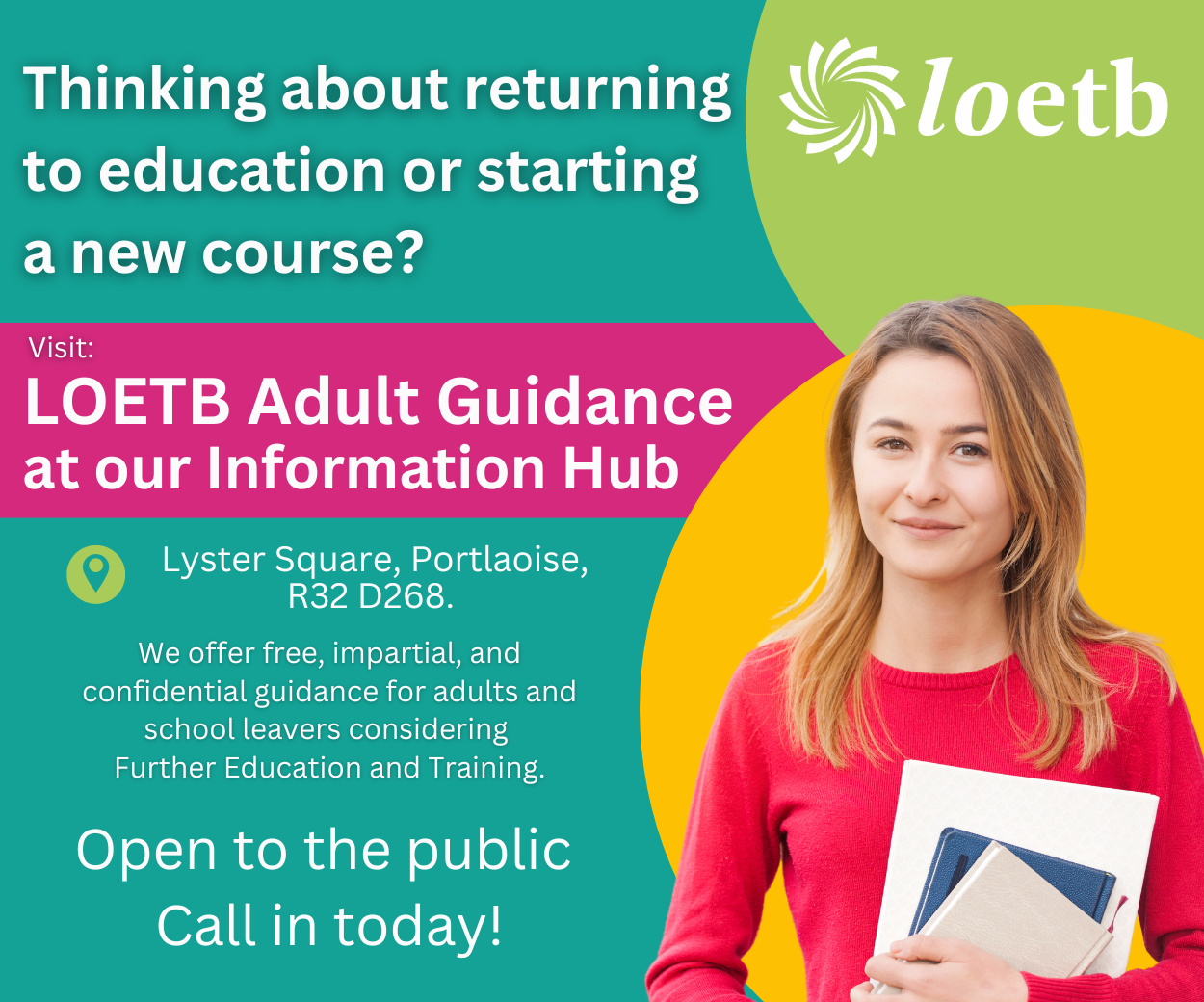Charlie Gard died after his life-support was withdrawn soon after he was moved to a hospice, denying his parents their “final wish” for him to spend his final hours at home.
The little boy’s parents, Chris Gard and Connie Yates, had asked for more with their son after he was transferred from Great Ormond Street Hospital, but High Court judge Mr Justice Francis said doctors could stop providing treatment shortly after 11-month-old arrived at the hospice.
An order issued by court officials on Thursday and drawn up by the judge set out arrangements for Charlie’s final hours, which would “inevitably result in Charlie’s death within a short period thereafter”.
Charlie Gard was a baby, born 11 months ago in UK, who had a serious and rare genetic condition, for which there is no proven cure. For eight months he had received treatment at Great Ormond Street Hospital in London; staff there are convinced that Charlie had no chance of recovery.
Awareness
Charlie’s parents refuted this and were convinced Charlie responded to their voices and touch, and that he had far more awareness of the world around him than the professionals believed.
They did not accept the view of the professionals at GOSH that his condition was irreversible. Over £1 million had been raised to support them in their quest.
A judge ruled that Charlie should have life supports withdrawn. The case went through the courts, right to the UK Supreme Court and to the European Court of Human Rights, all going against the parents.
Pope Francis and President Donald Trump made significant comments of support to Charlie’s parents.
It highlights important ethical questions about how to decide what is right in such a situation, and who should make the decisions. Should the final decision be that of the parents? Is it right that the decision be taken over by the health system or the justice system, despite the view of the parents?
It seems an anomaly in the context of 190,406 procured abortions in England and Wales in 2016 (government statistics). For a child with a condition like Charlie’s, an abortion could have been carried out right up to the time of birth. It contrasts also with the 56.3 million procured abortions worldwide each year – 107 every minute.
And there is the context of the living conditions of so many children around the world, and their great needs. World Health Organisation reports that the number of neonatal deaths was 2.7 million in 2015; 5.9 million children under the age of 5 years died in 2015.
However I might answer such questions when Charlie’s case is elsewhere, I also ask myself whether my decision would be different if Charlie was my child or my grandchild, or my next-door neighbour.
The Anscombe Centre Press Release makes a good distinction in relation to the court proceedings: “opinions were also cited in court that seem to refer not to the worthwhileness of treatment but to the worthwhileness of Charlie’s life… This way of reasoning can have dangerous and far reaching implications and should be repudiated firmly.”
Value
What can we learn about the value we recognise in each human life?
As we face a referendum on the Eighth Amendment, can we learn something in relation to unborn children with life-limiting conditions?
As the UN Convention on the Rights of the Child says: “in accordance with the principles proclaimed in the Charter of the United Nations, recognition of the inherent dignity and of the equal and inalienable rights of all members of the human family is the foundation of freedom, justice and peace in the world… the child, by reason of his physical and mental immaturity, needs special safeguards and care, including appropriate legal protection, before as well as after birth.”
Fr Paddy Byrne
SEE ALSO – Fr Paddy: Education can give us the best possible start in life















